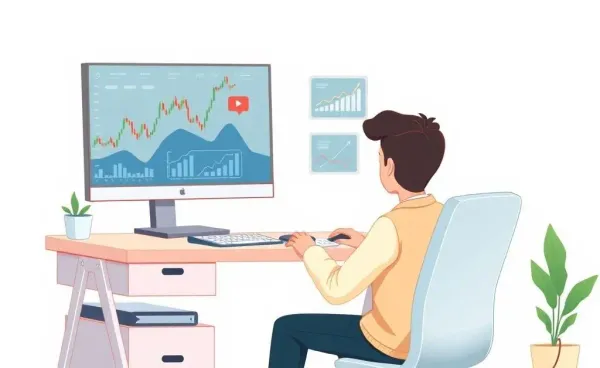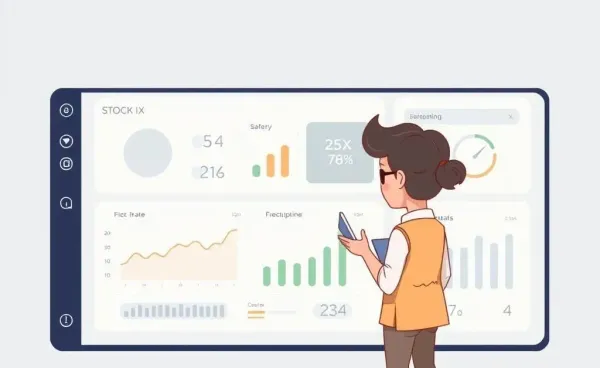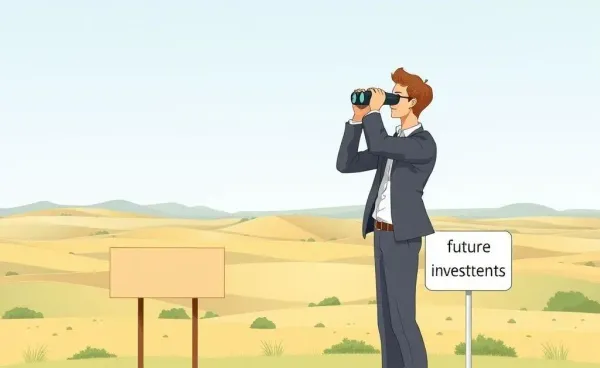Understanding the Role and Independence of the Federal Reserve
Discover how the Federal Reserve's independence impacts our economy today.
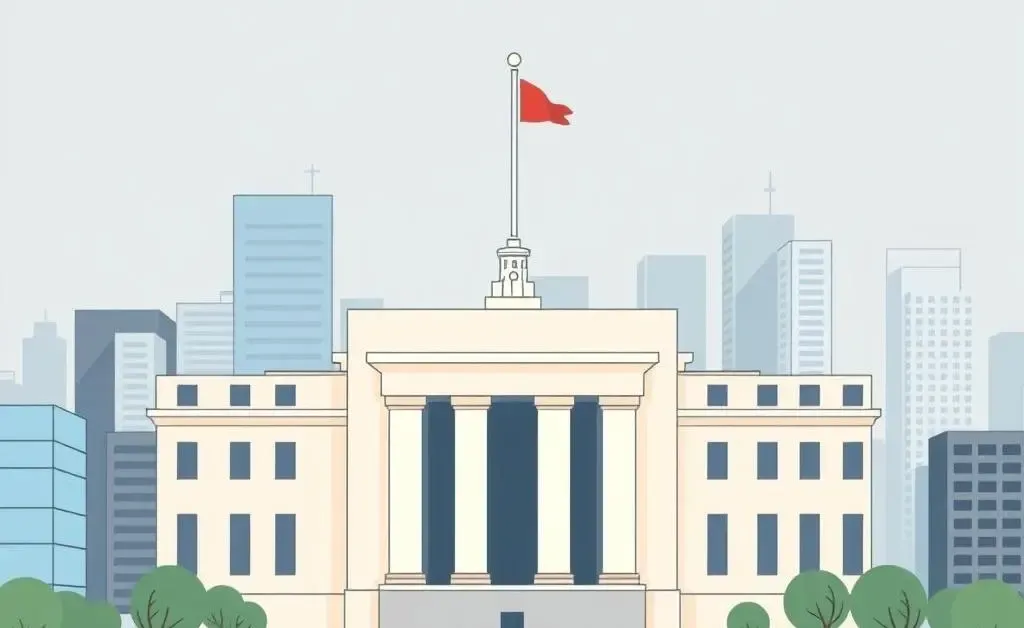
Understanding the Role and Independence of the Federal Reserve
Ever wondered why the Federal Reserve operates independently and what role it plays in shaping our economy? It's a topic that can seem elusive, but it's crucial for comprehending our financial landscape. Let's dive into the practical implications of the Fed's independence — it might just change the way you view economic news.
What is the Federal Reserve?
The Federal Reserve, often referred to as 'the Fed,' is the central bank of the United States. Its primary responsibilities include managing inflation, maximizing employment, and stabilizing interest rates. Essentially, it's tasked with ensuring the stability of our financial system.
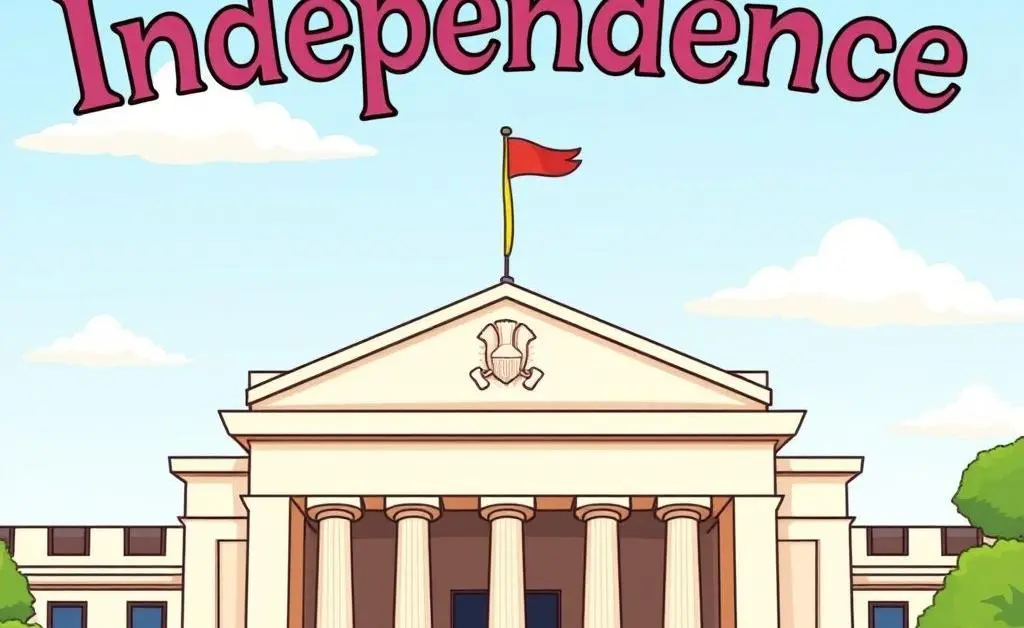
Why is Independence Important?
Independence allows the Fed to make tough decisions that might be unpopular in the short term but beneficial in the long run. Imagine if political pressures dictated monetary policy — decisions might lean more towards short-term gains rather than long-term stability. The Fed stands apart to focus on what truly benefits the economy.
For instance, raising interest rates isn’t always a hit with the general public since it can slow down consumer spending, but it can be necessary to prevent inflation from spiraling out of control. Independence empowers the Fed to make such critical calls courageously and decisively.
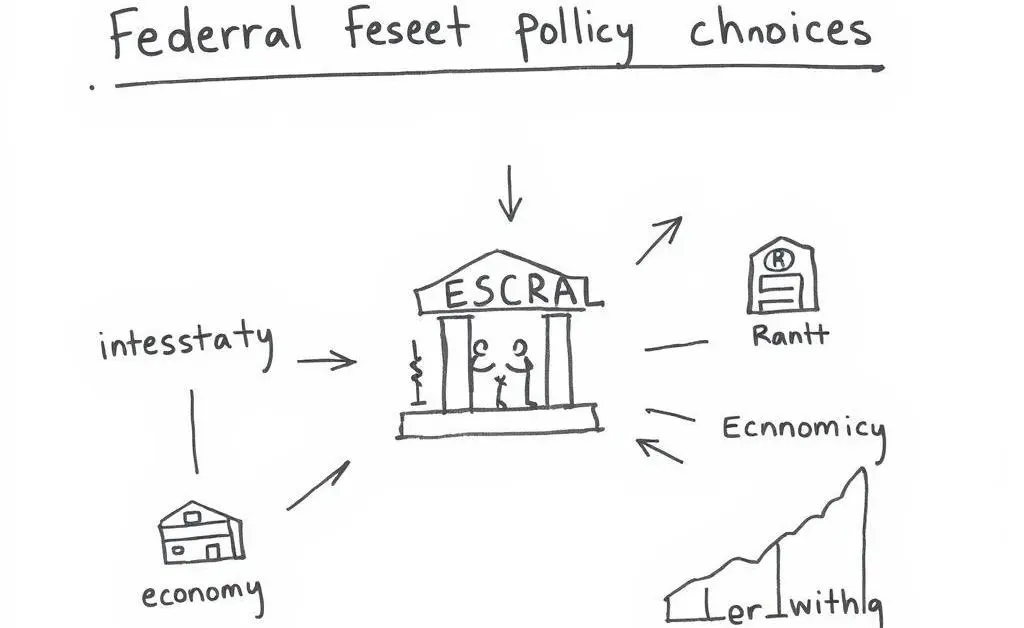
How Does the Federal Reserve Impact You?
The Fed's actions ripple outwards to affect everything from the job market to your mortgage rates. When it raises or lowers interest rates, it directly influences how much it costs to borrow money for a home, car, or business expansion. It also impacts the rates you earn on savings. In essence, its policies help to balance growth and inflation, which in turn strives to keep the economy chugging along healthily.
Common Misconceptions
Many believe the Fed can directly control the economy. In reality, while it wields significant influence, it can't single-handedly steer economic outcomes. Factors like global crises, technological advancements, and fiscal policies from the government also shape economic trajectories.

In Conclusion
So, the next time you hear about the Federal Reserve in the news, you'll appreciate the balancing act it performs within the economy. Its independence allows it to make pivotal decisions that steer the nation toward stability and prosperity, often in ways that might not immediately appear beneficial. How do you feel about the Fed’s role and its impact on your personal economy? I'd love to hear your thoughts!

